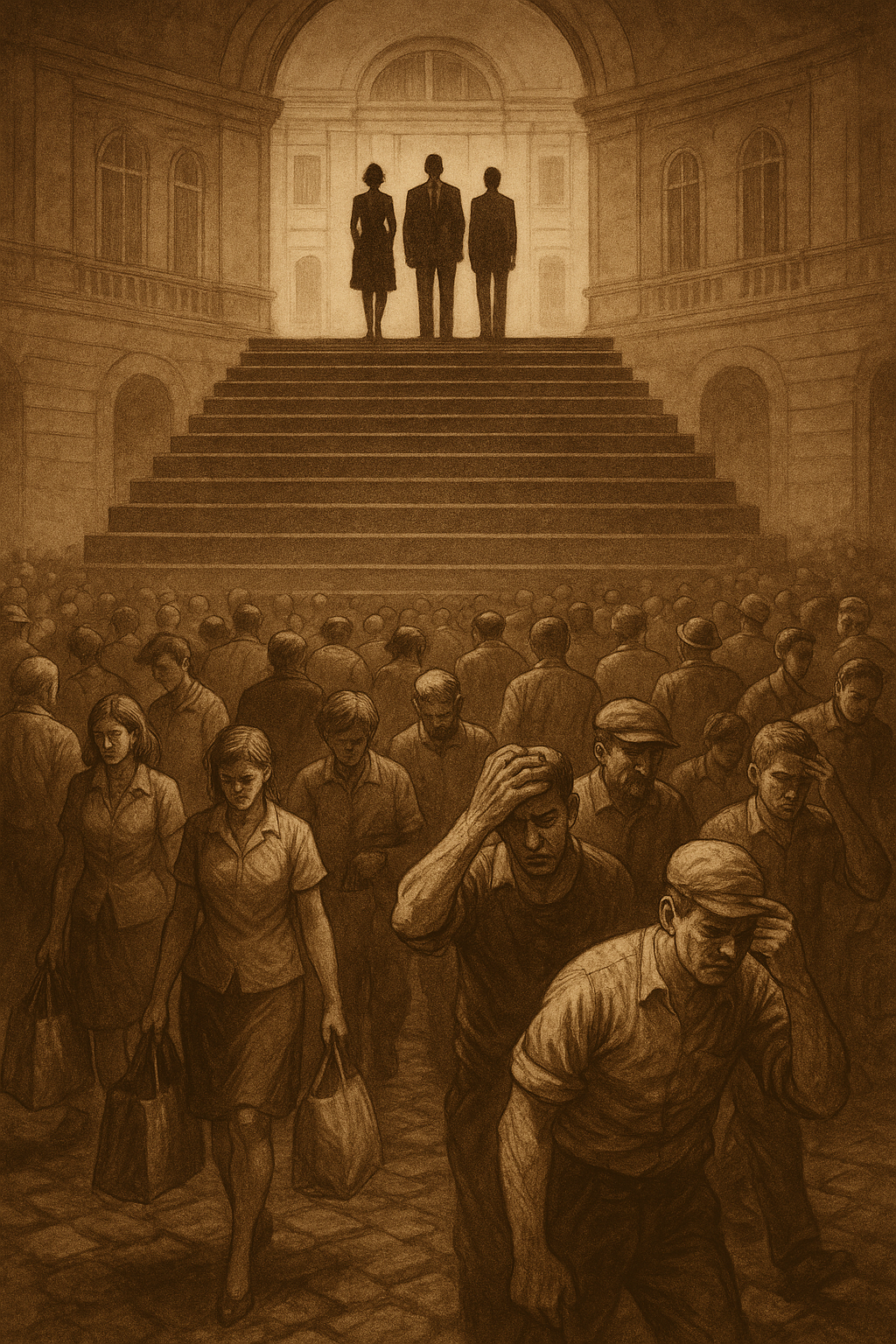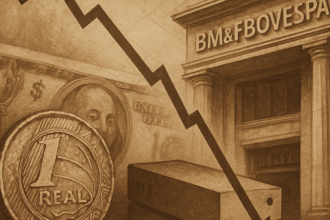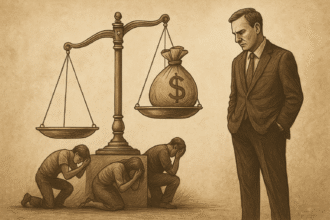While ordinary Brazilians see their purchasing power collapse in the face of inflation, taxes and high interest rates, there is a part of society that is not only resisting — it is thriving.
We are not talking about successful entrepreneurs or investors.
We are talking about a state elite: high-ranking public officials who live shielded from economic reality.
The taxpayer-funded privilege bubble
In Brazil, senior officials of the Judiciary, Legislature and Federal Executive enjoy:
- Starting salaries exceeding R$ 30 thousand.
- Housing, food, health and education assistance — even for those who don’t need it.
- Full and early retirements, often higher than the INSS ceiling.
- Automatic adjustments, while most workers face salary freezes or losses.
This tax elite does not depend on the country's economic performance.
Your stability and your gains are guaranteed… at the expense of productive society.
While the country becomes poorer, the top of the State becomes richer
Data shows that:
- While the average salary of formal workers in the private sector fell 3,7% In the last two years (adjusted for inflation), senior civil service salaries have risen across several categories.
- The federal public sector's pension deficit, which mainly benefits this elite, exceeds R$ 150 billion per year — almost four times greater than the deficit in private pensions, which serves millions of Brazilians.
And who finances this party?
The small entrepreneur who pays taxes on each sale.
The wage earner who loses purchasing power with each price increase.
The young person who sees fewer opportunities because the State consumes more and more of the real economy.
Perks, privileges and the culture of exception
Among the most glaring examples:
- Housing allowance for magistrates who already have their own property.
- Bonus license remunerated, accumulative and saleable.
- Early retirements not corresponding to the expectations of the private sector.
All legalized under the protection of corporate laws designed to perpetuate the system.
While ordinary citizens struggle to survive, parts of the state struggle to keep their privileges intact — at the expense of those who have no way to escape.
The hidden weight in the Brazilian's pocket
These privileges are not just unfair—they are unsustainable.
- Each salary adjustment at the top of the civil service generates a cascade effect.
- Each trinket increases the fiscal pressure on the entire society.
- Every full pension boosted at the expense of the Treasury weakens the country's ability to invest in the future.
The public deficit that worsens year after year is not just a consequence of the crisis — it is a consequence of the resistance of a state elite to give up its own privileges.
Conclusion: the true forgotten reform
There is a lot of talk about tax, administrative and fiscal reform.
But without touching the privileges of the state elite, any reform is cosmetic.
The Brazilian crisis is not just economic.
It is moral: a system where those who work in the real market are sacrificed to maintain the island of state prosperity.
As long as there is no courage to confront this structure of privileges, Brazil will continue to become poorer — to support those who should serve, not dominate.
📩 Do you want to understand how the state structure drains freedom and prosperity from society?
Subscribe to the Economic Radar newsletter and receive critical analysis directly to your email.





